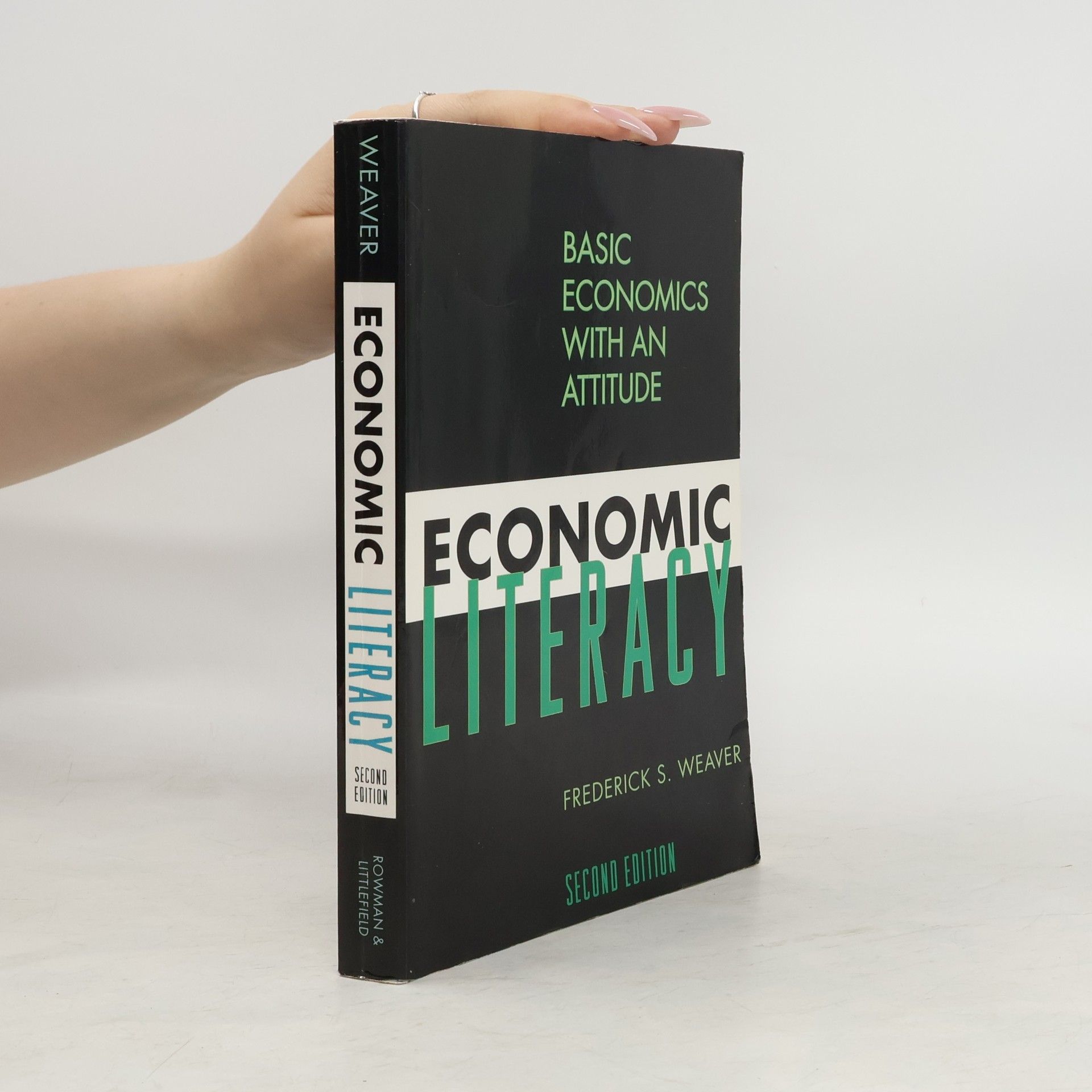Economic Literacy
- 269pages
- 10 heures de lecture
This book explains the logic, language, and worldview of economic theory, including microeconomics, macroeconomics, and international topics. The book also has considerable descriptive material on the organization and performance of the U.S. economy. Explaining 'economics'_an academic discipline_is not the same thing as explaining 'the economy'_the processes of producing and distributing goods and services. The difference is crucial, because meaningful economic literacy requires the ability to think critically about the distinctive viewpoint proposed by academic economics, a viewpoint that has become dominant in contemporary politics and culture. A combination of economic theory and description is essential for understanding debates about current affairs, reading some professional economics literature, and reflecting on the usefulness and limits of the discipline of economics. These are ambitious goals for a short book, and while the book is serious, it is not grim_thus basic economics with an attitude.
